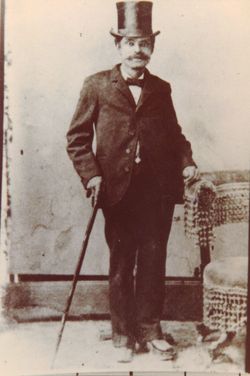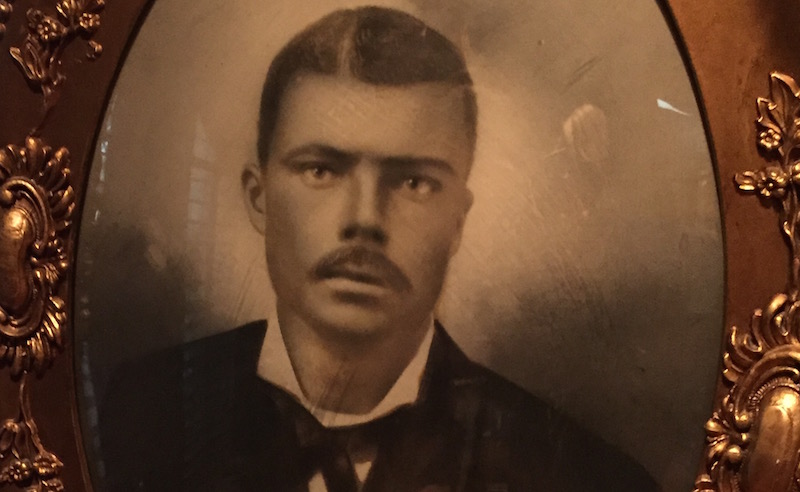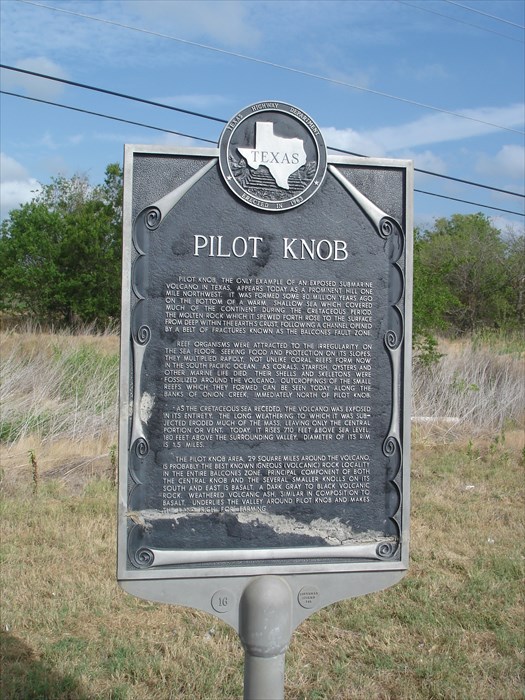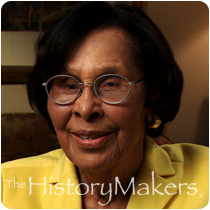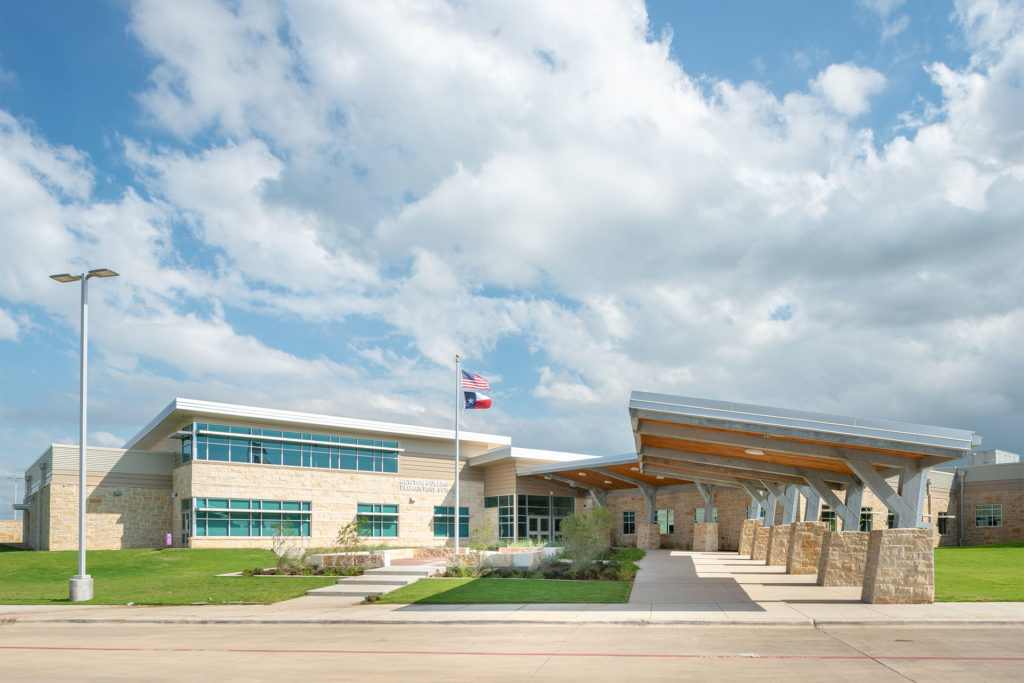Meet Newton Isaac Collins
You might know the name Newton Collins as the namesake of Easton Park’s elementary school, but it’s worth diving into the extraordinary story of the man behind the name.
Born a Slave
Newton Isaac Collins was born in Birmingham, Alabama in 1826. His mother was a slave, and his white Irish father, Silas Collins, was their owner. Collins’ father arranged tutoring so his son could learn to read and write, and later set up apprenticeship training with a carpenter. Collins’ father gave him his freedom at an early age, and after the death of his father, Collins made the trip to Texas.
Gone to Texas
In the 1840s, Collins moved to Manor, Texas, where he knew the family of Silas Parsons. The Parsons family was from the same area in Alabama, where Parsons had been a Supreme Court Justice. When he retired, they moved to Texas for his health and owned a large plantation in Manor, Texas, in an area by Will Berber Creek.
Once Collins arrived in Texas, he was enslaved again by the Parsons family until the Civil War ended in 1865. In a letter from the time, Parsons mentioned Newton was the best servant he had ever had, and that he was going to build on to his house. In 1854 while he was again enslaved, Collins married another slave named Sarah Elizabeth Harrington who also knew how to read and write. When he was freed, Collins immediately re-established his carpentry business, building “fine homes and churches” throughout Central Texas.
Buying Land
As their family business grew, in 1872, Collins was able to purchase his first land—92 acres in what is now East Austin. This land, located three miles from the Capitol, was part of the Henry Warnell tract—land Henry Warnell’s heirs had received in exchange for his valiant service at the Alamo. As adjacent land became available, Collins added to his holdings, eventually creating a tract of 156 acres. Collins improved the land with a two-story house for his family, a well, two barns, and a tenant house for the man who helped him with his farm while he was running his construction business. The Collins family had eight children, and Sarah Elizabeth died in childbirth with the eighth child, who also died.
Moving to Pilot Knob
In 1891, Collins was actually living with a son in Los Angeles when he traded this East Austin land for 506 acres in Pilot Knob, close to the spot where Easton Park stands today. Located between Onion Creek and Cottonmouth Creek, the Pilot Knob property was beautiful, with waterfalls, rocky hills over an inactive volcano, and fertile, black soil that was great for farming. Collins built a house for his family, and near it he set aside an acre of land for a school, a church, and a cemetery. Because there was no public money for African American schools, Collins built the school and furnished it with desks and books. He hired the first teacher for the school, as well as a Methodist preacher named Bishop Zan Holmes who came twice a month.
A Legacy of Service
When Collins acquired the land, he deeded each of his children 72 acres and helped them each build a two-bedroom home with a well. Collins’s youngest son, Dee Gabriel Collins, added to his holdings by purchasing additional land from the Smith family, who ultimately donated the property that would become McKinney Falls State Park. (Fun side note: Dee Gabriel Collins road is named for him.) Dee Gabriel’s granddaughter, Ada Collins Anderson, started her education in the same one-room schoolhouse her great-grandfather built and later became a highly successful businesswoman, philanthropist, and civil rights activist here in Austin.
Collins and Easton Park
According to his grave marker in the Collins Cemetery, Newton Isaac Collins passed away on September 7, 1908. Given his life-long love of education, it’s fitting that his name graces the elementary school here at Easton Park, but many people might not realize that Collins actually played an important role in the development of our neighborhood. A deal was made with Collins’ heirs granting an easement across their land for critical utilities, allowing Easton Park to be built.
Learn More:
If you’re interested in Collins family history, the History Makers website has a wonderful series of video interviews with Ada Collins Anderson in which she tells stories about her great-grandfather Newton Isaac Collins and describes her grandfather Dee Gabriel Collins’s beautiful house in Pilot Knob. It’s behind a paywall, but we highly recommend it!
